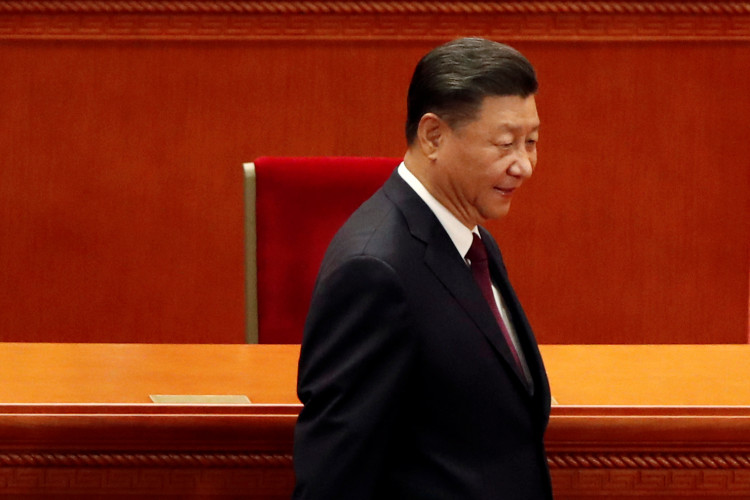President Xi Jinping of China has proposed a "global security initiative" that is backed by Moscow and follows the premise of indivisible security, which stipulates that no country should increase its security at the cost of another.
Xi said the world should recognize the sovereignty and territorial integrity of all nations while attending to their legitimate security fears, during a video address to the yearly Boao Asia Forum on Thursday.
"We must preserve the idea of security indivisibility," he said, noting that "we must develop a balanced, efficient, and durable security framework and reject the construction of national security built upon insecurity in other nations."
Moscow has demanded that Western governments honor the 1999 accord built on the concept of indivisible security in discussions regarding Ukraine.
China has hesitated to denounce Russia's invasion of Ukraine, considering that the two countries have become particularly closer. Conversely, China has condemned NATO's expansionism in the Ukraine crisis.
Experts pointed out that this was the first time Beijing has advocated for indivisible security outside the Russia-Ukraine issue, which has inferences for Asia and the Pacific.
By conjuring the principle of indivisible security, which developed in Europe, argued Wang Jiangyu, a professor of law at the City University of Hong Kong, Beijing could try to make its measures in defense of its strategic interests seem more justifiable to other nations.
This week, China and the Solomon Islands struck a security accord that alarmed both Australia and the U.S.
There are worries that China will develop a military facility in the small country, with Defense Minister Peter Dutton warning the big dragon will not waste time growing its influence in the region.
Concerns that Beijing will seize Taiwan, which it asserts as its own, have also heightened tensions.
"If Beijing believes the U.S. and its allies are neglecting its security issues on Taiwan or in the South China Sea, it may invoke the concept of 'indivisible security' to take the moral high ground in retribution," stated Li Mingjiang, an associate professor at Singapore's S Rajaratnam School of International Studies.
Xi also repeated China's rejection of unilateral sanctions and long-arm authority, without specifying the West's retaliation for Russia's takeover of Ukraine.
He has denounced Western sanctions, such as those towards Russia, on numerous occasions, but he has also managed to avoid backing the Kremlin in any way that may amount to penalties being placed on China.






